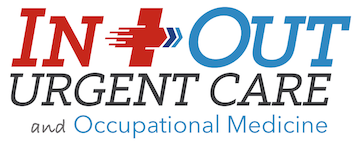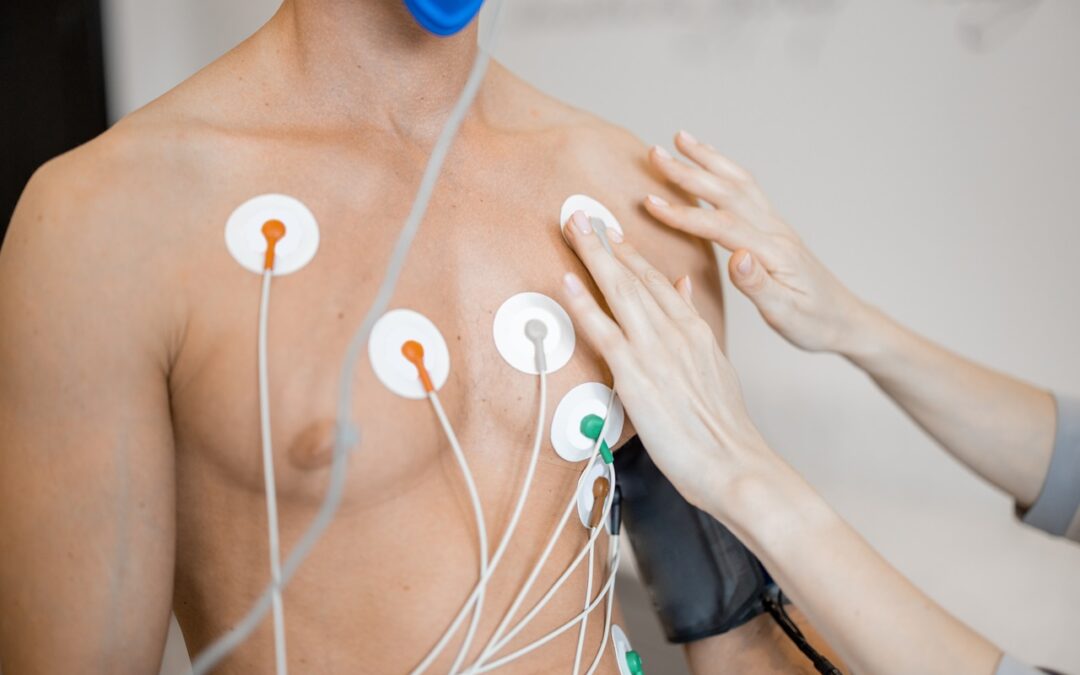Electrocardiograms (EKGs) are one of the essential tools we use to ensure that your heart is functioning correctly. They’re quick, non-invasive, and provide a wealth of important data about the health of your heart. Here at Metairie, we consider an EKG part of a baseline health assessment for many patients, particularly if they have symptoms of heart disease, a family history of heart issues, or other risk factors that might predispose them to cardiovascular complications.
During an EKG, small sensors are attached to the skin of your chest, arms, and legs. These sensors record the electrical activity of your heart, capturing data on heart rate, rhythm, and other vital markers. This test is crucial because the heart’s electrical activity triggers the muscle contractions that pump blood throughout your body. Understanding this activity helps us detect a range of heart-related ailments, from arrhythmias to cardiac ischemia.
By integrating regular EKG screenings into our diagnostic services, we aim to catch potential heart issues before they develop into more serious conditions. These screenings are especially pivotal for those who might not yet exhibit clear heart disease symptoms. Early detection through an EKG can be instrumental in guiding our treatment recommendations and helping you maintain or improve your cardiovascular health.
What Is an EKG and How Does It Work?
An Electrocardiogram, commonly known as an EKG or ECG, is a simple, painless test that measures the electrical activity of the heart. Each time your heart beats, an electrical impulse (or wave) travels through your heart, causing it to contract and pump blood. The EKG displays this activity on a screen or paper, producing a distinctive waveform that provides crucial information about your heart’s health. We use this test extensively at our Metairie location to provide immediate and accurate assessments of heart health.
The EKG is conducted by attaching small, sticky electrodes to the skin of your chest, arms, and legs. Wires connect these electrodes to an EKG machine. As you lie still, the machine records the electrical activity of your heart, usually over a few minutes. This process is quick and harmless, with no risks or side effects involved. The resulting chart, called an electrocardiograph, is reviewed by our medical professionals, who interpret the patterns to assess your heart’s condition.
Key Health Issues an EKG Can Detect
EKG tests are indispensable tools in diagnosing a variety of heart-related conditions. By examining the wave patterns on the electrocardiograph, we can detect several critical issues, such as:
- Arrhythmias: Irregular heartbeats, which can be either too fast, too slow, or erratic, often indicate underlying heart problems. An EKG can precisely detect these abnormal rhythms.
- Heart Attacks: An EKG can show evidence of a previous heart attack or one that’s currently happening by displaying damaged heart muscle.
- Heart Disease: The test can detect ischemia (lack of blood flow to the heart muscle) or other conditions like cardiomyopathy.
- Effect of Drugs or Devices: For those on heart medication or with implanted devices such as pacemakers, an EKG can show how well these are working to regulate your heartbeat.
Regular EKG screenings can lead to early detection and treatment of these conditions, ultimately saving lives. At our facility in Metairie, we ensure that this diagnostic tool is used effectively to provide our patients with the best care possible.
Preparing for Your EKG Appointment in Metairie
When you’re scheduled for an EKG at our Metairie location, ensuring you’re properly prepared can help us get the most accurate results. We recommend a few simple steps to prepare for your appointment. First, it’s important to avoid caffeine or smoking for at least three hours before your test, as these can interfere with the results by affecting your heart rate. Wear comfortable clothing that allows easy access to your chest, arms, and legs, as electrodes will need to be attached directly to your skin. Additionally, avoid applying lotions or oils on your skin on the day of the test, as these can prevent electrodes from sticking properly.
Upon arrival, we’ll walk you through the process, answering any questions you may have. We understand that medical tests can be a source of anxiety for some, and we’re here to make the experience as comfortable and stress-free as possible. Remember, an EKG is a quick, painless, and safe procedure that is crucial in monitoring and safeguarding your heart health.
Why Regular EKG Screenings Matter for Your Heart Health
Regular EKG screenings are a cornerstone of preventive healthcare, particularly when it comes to heart health. These screenings are crucial because they can detect heart conditions even before symptoms become apparent. Early detection means earlier intervention, which can significantly alter the course of heart diseases, potentially preventing heart failure, heart attacks, or more severe complications. Regular EKGs are particularly recommended for individuals with risk factors such as family history of heart disease, high blood pressure, smoking, or diabetes.
By integrating regular EKG screenings into your healthcare routine, we can monitor any changes in your heart over time, providing you with peace of mind and allowing us to act quickly should any issues arise. Our goal is to keep our community in Metairie not just alive but thriving with preventative measures and state-of-the-art healthcare solutions.
Conclusion
At In & Out Urgent Care, we are dedicated to providing comprehensive and accessible healthcare services to the Metairie community. From EKG exams to flu shots and vaccinations, we ensure that our patients receive the necessary care for all aspects of their health. If you value your health and are looking for reliable care, turn to In & Out Urgent Care for timely, effective, and compassionate medical services. Visit us today to see how we can help you maintain your health for years to come.

